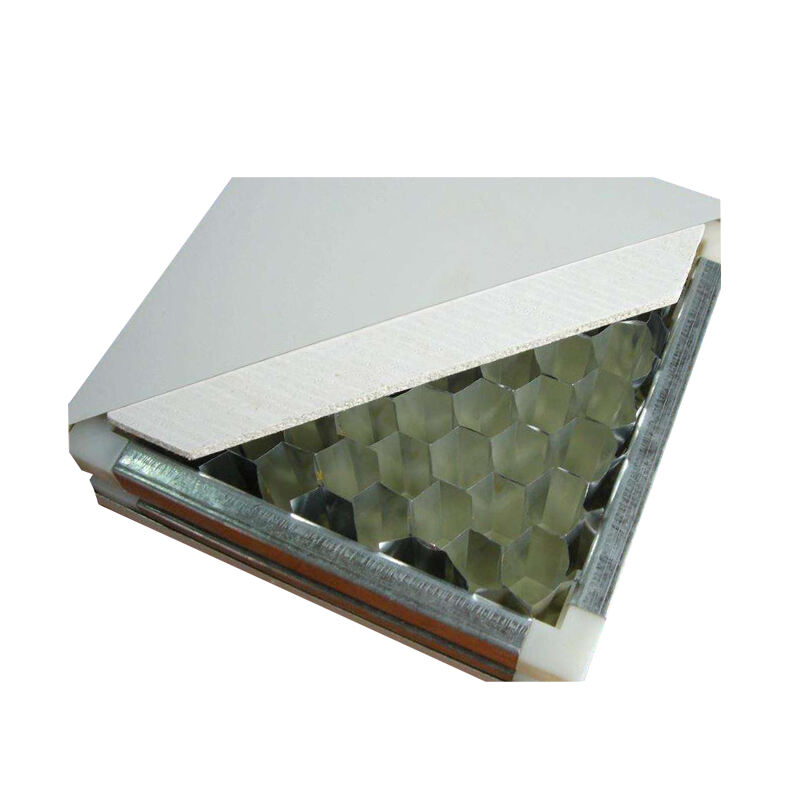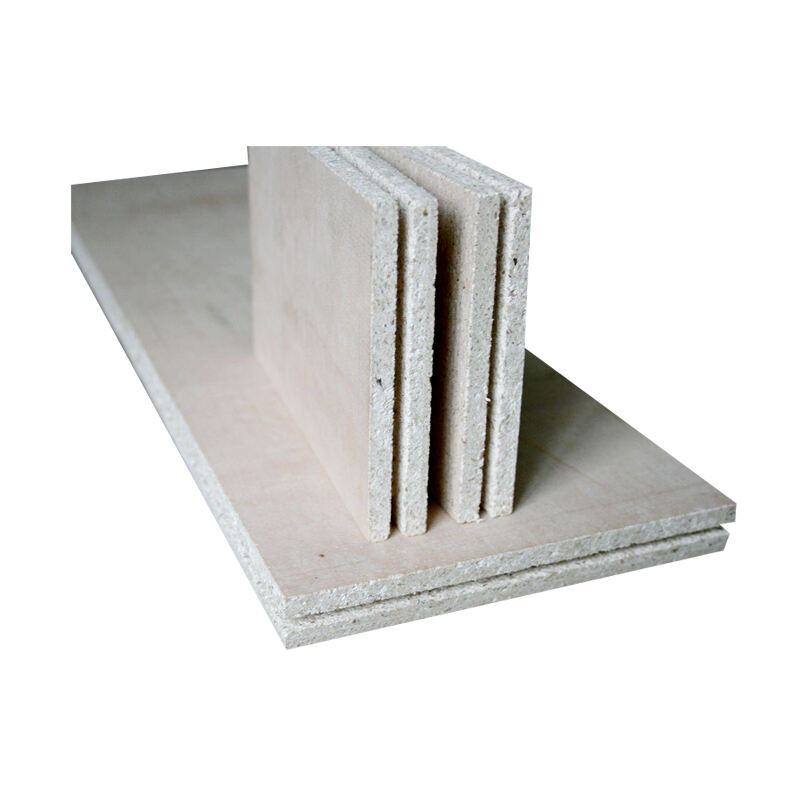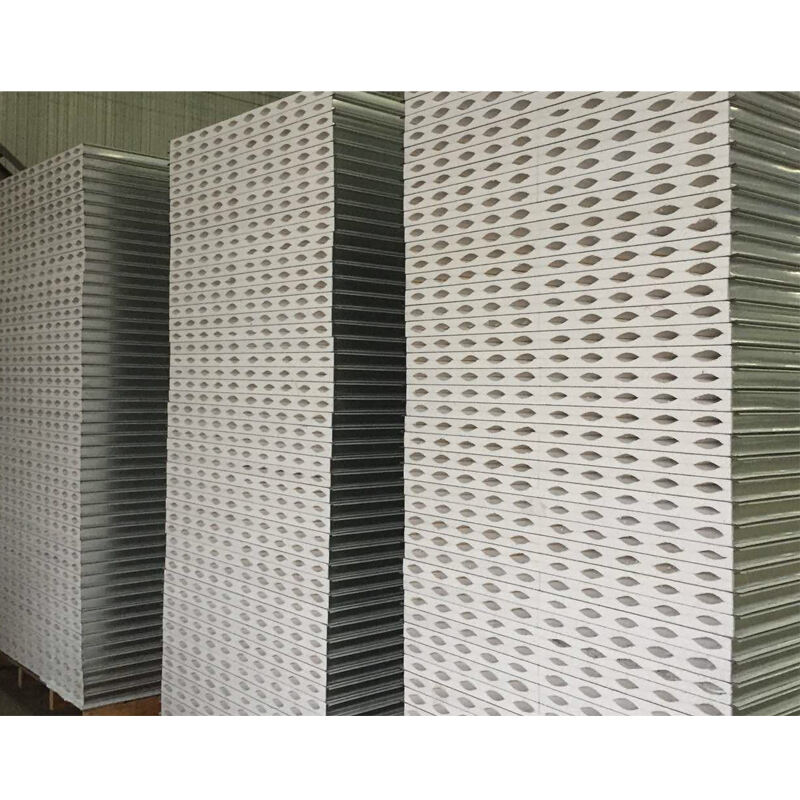clean panel
A clean panel represents a cutting-edge solution in modern facility management and environmental control systems. These sophisticated units are designed to maintain pristine conditions in controlled environments through advanced filtration and air management technologies. The system incorporates HEPA filtration systems, precise airflow control mechanisms, and smart monitoring capabilities to ensure optimal cleanliness levels. Clean panels are essential components in facilities requiring stringent cleanliness standards, such as pharmaceutical manufacturing plants, semiconductor fabrication facilities, and medical research laboratories. They function by creating a controlled environment that minimizes particle contamination while maintaining consistent temperature and humidity levels. The technology employs multiple layers of filtration, including pre-filters and main HEPA filters, working in conjunction with laminar airflow systems to achieve superior air quality. These panels are equipped with digital control interfaces that allow real-time monitoring and adjustment of environmental parameters. The system's modular design enables seamless integration with existing infrastructure while facilitating easy maintenance and filter replacement procedures. Additionally, clean panels incorporate energy-efficient components and smart power management systems to optimize operational costs while maintaining peak performance.


